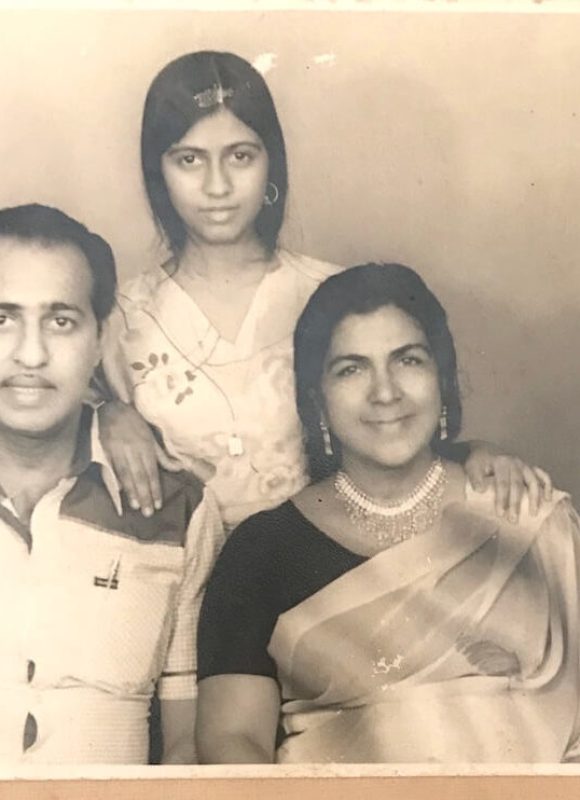PIONEER
Ayesha “Bibi” Dawood

Unionist | ANC Member | Federation of South African Women Member
Born: 31 January 1927 Died: 1 June 2014
“It does not matter what race you belong to, we must all pull together. We shall not retreat.”
Who is
Ayesha “Bibi” Dawood?
Political activist and trade unionist, she was arrested and charged as part of the Treason Trial and eventually forced into exile for 23 years.
Professions
and Roles
Activist, trade unionist, African National Congress (ANC) member.
Best Known For
Anti-apartheid activism as part of the African National Congress (ANC) and the Committee of Women.
Life highlights
- In 1951, Dawood volunteered to organise a one-day strike as part of the trade union movement.
- Shortly after the strike, Dawood and her friends formed the Worcester United Action Committee, of which she was elected Secretary. The Committee addressed problems related to pass laws, housing, and increasing rentals.
- During the Defiance Campaign of 1951, Dawood worked closely with the ANC in calling for volunteers to defy apartheid laws. By July 1952, the Committee had taken the lead in the Western Cape, with over 800 people joining the Campaign.
- By 1953, Dawood had become a member of the ANC and was sent by the Committee of Women, a predecessor of the Federation of South African Women (FEDSAW), to Copenhagen for an International Democratic Federation Conference for Women.
- In 1955, Dawood was charged with inciting hostility against Europeans and sentenced to nine months under the Suppression of Communism Act. The sentence was suspended.
- In 1956, Dawood was arrested and charged with high treason along with 155 others as part of the Treason Trial.
- In 1961, Dawood married Yusuf Mukadam, who had followed her back to South Africa from India. Mukadam was soon arrested for entering the country illegally, and the security police threatened Dawood that her husband would not be allowed to remain in the country unless she agreed to work for them. She refused and was promptly served with a permanent exit permit out of the country. She left for India in 1968 where she and her family were granted full citizenship and they stayed with Mukadam’s family in the remote village of Sarwa.
- During her stay in India, Dawood and her family fought hard to return to South Africa. Eventually, her children were issued with South African passports. After 23 years, Dawood returned to South Africa as one of thousands of exiles when all political parties were unbanned in 1990.
IN THEIR OWN WORDS
“It does not matter what race you belong to, we must all pull together. We shall not retreat.”
– Ayesha Dawood
IN THE WORDS OF OTHERS
“Her sacrifices for a free and democratic South Africa will never be forgotten.”
-Danielle Melville, Nelson Mandela Foundation spokesperson
Dawood’s awareness of the apartheid laws, particularly the Group Areas Act and the pass laws, began as a young girl, while reading the newspaper to her father.
References
https://www.nelsonmandela.org/news/entry/condolences-to-the-family-of-ayesha-bibi-dawood
Love in the Time of Treason, The Life Story of Ayesha Dawood by Zubeida Jaffer
